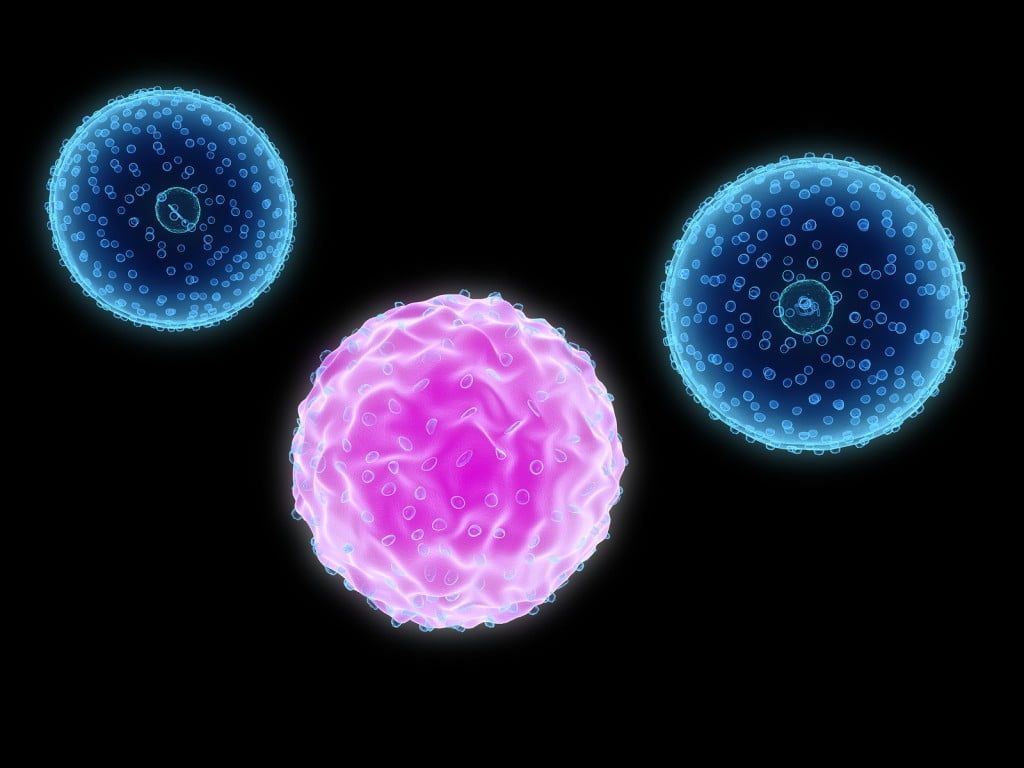This article was first published by The Times of Israel and was re-posted with permission.
A breakthrough cancer study in which patients suffering from a form of leukemia saw their diseases go into remission after they were treated with genetically modified T-cells has deep roots in Israel.
SEE ALSO: Researchers Find Why Leukemia Recurs After Successful Chemotherapy
One of the first in the world to work on the innovative adaptive immunotherapy technique to treat cancer, which was recently hailed worldwide as a potentially “extraordinary” development, was Weizmann Institute’s Prof. Zelig Eshhar.
Speaking Wednesday on Israel Radio, Eshhar said he was very heartened to hear about the results of the study at the University of Pennsylvania.
“I’m not surprised to hear about the results,” he said. “In our lab, we cured many rats and mice of cancer. I have been saying for years that we could do this in people, as well.”
In an article in the journal Science Translational Medicine, a team at the University of Pennsylvania’s Abramson Cancer Center and the Perelman School of Medicine reported that 27 out of 29 patients with an advanced blood cancer saw their cancers go into remission or disappear altogether when they received genetically modified T-cells that were equipped with synthetic molecules called chimeric antigen receptors, or CARs. Those T-cells were able to target and destroy the tumor cells – specifically the ones that were responsible for the acute lymphoblastic leukemia the patients were suffering from.
According to officials at the Fred Hutchinson Cancer Research Center, where the research was carried out, patients in the trial – some of whom were told in 2013 they had barely a few months to live – not only survived, but now, after the therapy, “have no sign of the disease.”
SEE ALSO: To Stop Cancer From Spreading: Shoot The Messenger
The therapy involves extracting T-cells – the white blood cells that fight foreign or abnormal cells, including cancerous ones. Under normal circumstances, T-cells try to fight cancerous cells – but because the body has been weakened by the cancer, the response is usually not strong enough to prevent the spread of cancer. In addition, cancer cells are genetically programmed to evade T-cells, said immunotherapy researcher and oncologist Dr. Stanley Riddell, one of the leaders of the study.
To read the full article, click here.
Related posts

Israeli Medical Technologies That Could Change The World

Harnessing Our Own Bodies For Side Effect-Free Weight Loss

Missing Protein Could Unlock Treatment For Aggressive Lung Cancer






Facebook comments